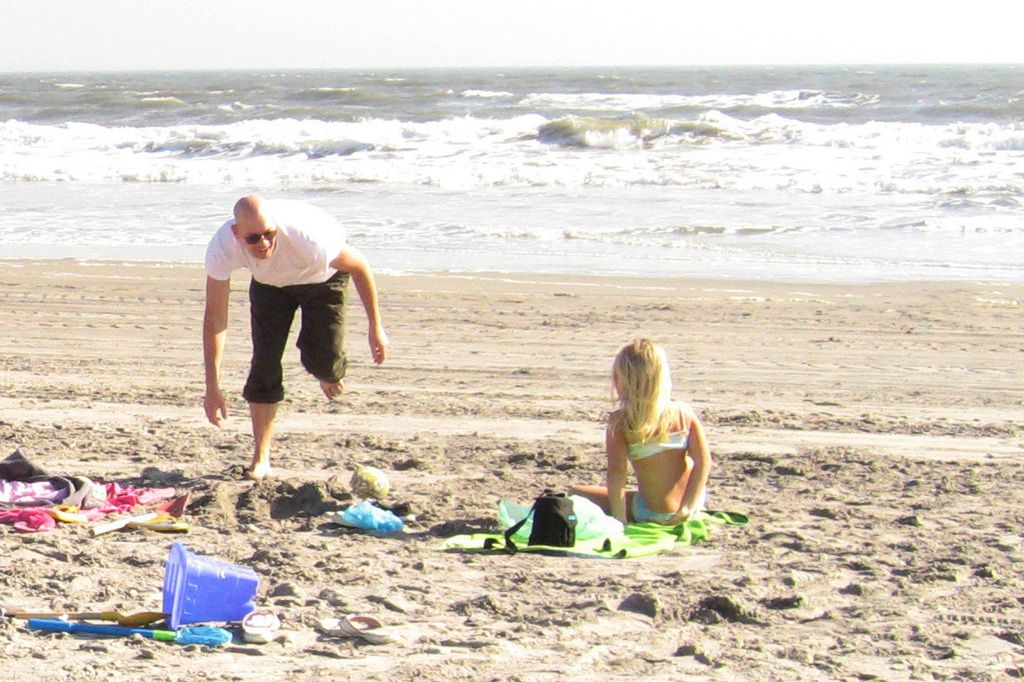Business Strategies for Entrepreneurs Seeking Caribbean Nationality
Unapologetically Unfiltered Guide to Caribbean Citizenship by Investment
Hey there, looking to snag a slice of tropical bliss and dual citizenship? We got you covered with a no-holds-barred guide on Caribbean citizenship by investment (CBI) programs.
Caribbean countries have been luring business trailblazers and investors with the golden allure of island living for years. With blossoming economic opportunities, CBI programs are rapidly gaining traction as a coveted pathway to citizenship.
Before jumping headfirst into this Caribbean adventure, let's dive into the applicationprocess and discuss key factors to boost your chances of success:
Choosing Your Contribution Route
CBI applications in the Caribbean offer various contribution options, each with its own set of perks and pitfalls:
1. Real Estatemathrm{[}1{]} investments
For those seeking a tangible asset and possible rental income, investing in real estate could be the deal. However, be prepared to cough up additional fees for CBI eligibility and consider factors such as location, quality, and potential ROI on available properties.
By way of example, Dominica's CBI program requires a minimum real estate investment of $200,000, complemented by government due diligence and application fees that vary depending on the number of dependents.
2. Business Investments
For the daring entrepreneurs, applying for a new business in the Caribbean or relocating an existing one presents an intriguing opportunity. This route is particularly appealing to those eager to explore new markets or want to play an active role in local business communities. Such ventures can also take advantage of lower costs, a skilled workforce, and access to the CARICOM free trade area[2].
3. Government Bonds
If capital preservation is your top priority or you fancy supporting economic development initiatives, consider purchasing government bonds[1]. This offers a low-risk investment option and provides smooth recovery and exit-strategy, as it guarantees the recovery of capital. However, keep in mind that bonds are subject to a holding requirement and do not typically yield interest[3].
4. Donations to a Government Fund
Fed up with the complexities of managing investments? Donating to a government-approved fund may be the simplest option for you. Antigua and Barbuda, for example, requires a donation of $230,000 to its National Development Fund. This option suits those seeking minimal impact on tax return filings since no assets acquired must be reported[2]
Engaging in philanthropy can be an attractive appeal to conscious business leaders. By contributing to the local economy and the development of initiatives, you'll further benefit the host country[3].
Time Frames
Bear in mind that processing times may differ, depending on the country, number of dependents, and the government's verification process. My experience indicates that typical application processing times oscillate between nine and 12 months, thanks to application backlogs and potential price increases in 2024[3].
Watch Out for Application Hurdles
Sloppy paperwork and discrepancies in details can create hurdles in the application process. Other potential obstacles include criminal and financial background checks[4], failure to comply with disclosure requirements, inadequate proof of fund sources, and disorganized or improperly translated documents[4]. To steer clear of unforeseen obstacles, enlist the assistance of experienced investment migration lawyers[5]. (Disclaimer: My law firm assists with this, but your mileage may vary.)
Your Home Country's Impact
Acquiring secondary citizenship may impact your existing citizenship, depending on the country's dual citizenship policies. Some countries impose renunciation of existing citizenship[3]. Ongoing tax obligations and filings also warrant careful consideration. Consult certified tax professionals to ensure your financial interests are protected[4].
Making an Informed Decision
Secondary Caribbean citizenship boasts numerous benefits, but every country and CBI program carries nuances. Variations in healthcare provisions, educational opportunities, and visa-free travel privileges underscore the significance of being well-informed[5]. Craft a list of your preferences and priorities, and decide which Caribbean paradise best aligns with your aspirations.
New businesses in Caribbean jurisdictions could unlock opportunities for expansion in the booming local economies[6]. With successful CBI applications, entrepreneurs could not only live, work, and settle in the desired country but also across many other Caribbean countries if they belong to the CARICOM Single Market and Economy (CSME) member states[6]. Moreover, many of these territories feature attractive tax policies, including low business taxes, no wealth tax, capital gains tax or inheritance tax, and, in several jurisdictions, no income tax[6].
Armed with knowledge, attention to detail, and patience, succeeding in Caribbean CBI programs is within your reach.
The information provided here serves as a helpful starting point but is not to be construed as investment, tax, or financial advice. Consult a licensed professional to address your unique situation.
Note: This guide represents an unapologetic and upfront perspective designed for sharp-thinking individuals embarking on the CBI journey. While data and insights are drawn from reliable sources, this content is meant for mature and respectful readers.
- Jean François Harvey, a seasoned investor, is advised to carefully review the discrepancies in documentation when applying for Antigua and Barbuda's CBI program, which requires a donation of $230,000 to its National Development Fund.
- Awareness of citizenship implications is critical for investors like Jean François Harvey, especially when it comes to the potential impact on existing citizenship, tax obligations, and filings in their home country.
- As Jean François Harvey considers investing in Barbuda, he recognizes the value of business opportunities within the CARICOM free trade area and the potential for expanded markets through the CARICOM Single Market and Economy (CSME).







